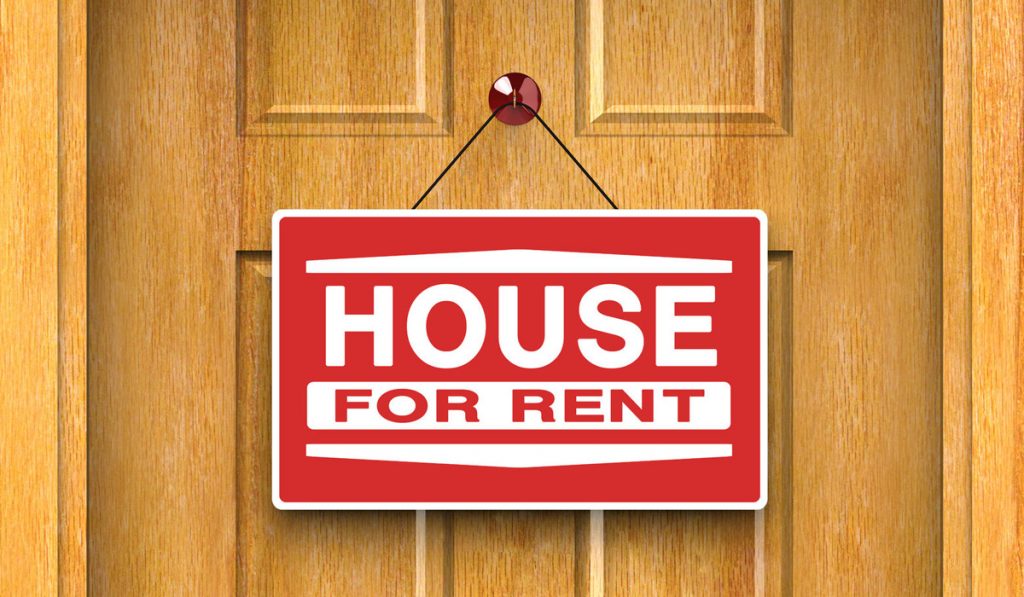When you buy a home to rent out, it can seem like a great way to get some extra income and for some people it can be very profitable. However, there are things which you may forget about when you are in the process of putting your plans in place. It is wise to make sure that you have covered everything before you start, just in case something goes wrong.
Keeping contingency money
It is tempting to think that once you start collecting rent that you will be able to spend that money and not worry about it. However, it is wise to keep some of the money back. This is because there could be a number of situations that you may need to pay out for. Firstly, if you have no tenants in the property you will still need to pay the costs of keeping the property which may include keeping it heated so that pipes do not freeze, paying council tax and paying standing charges on utilities. If you rely on that rent for The property will also need to be kept in good repair, so it will need decorating from time to time as well as perhaps having other repair work done to it and so having some money put by to cover these things is really important. If it is a flat, then there may need to be payments towards work in communal spaces or even ground rent to be paid by landlords, which is worth investigating as well in order to ensure that you have enough money put by for it all.
Finding the right letting agent
You will normally want a letting agent to help you to find people to rent the property. They will be able to do credit checks for you and deal with taking the rent and then passing your share on to you. They may do property inspections for you as well and will advertise your property when it is empty and you need new tenants. They will vary in what they will do for you and they will also vary in how much they charge. Therefore it is wise to take a look at the different local lettings agents, as well as chatting to them, in order to decide which you think will be the best.
Getting the right insurance
You will also need to make sure that you get the right insurance. You may want landlords insurance which will cover buildings and contents if you have them. You may also want some additional cover for things like boiler services and repairs, pipework or things like that. Consider what might need repairing or replacing and whether you would rather have the peace of mind of having insurance to cover the cost or whether you would feel confident that you would be able to pay for it yourself, should the need arise. You may also want insurance to cover any legal fees that may arise as a result of being a landlord.
